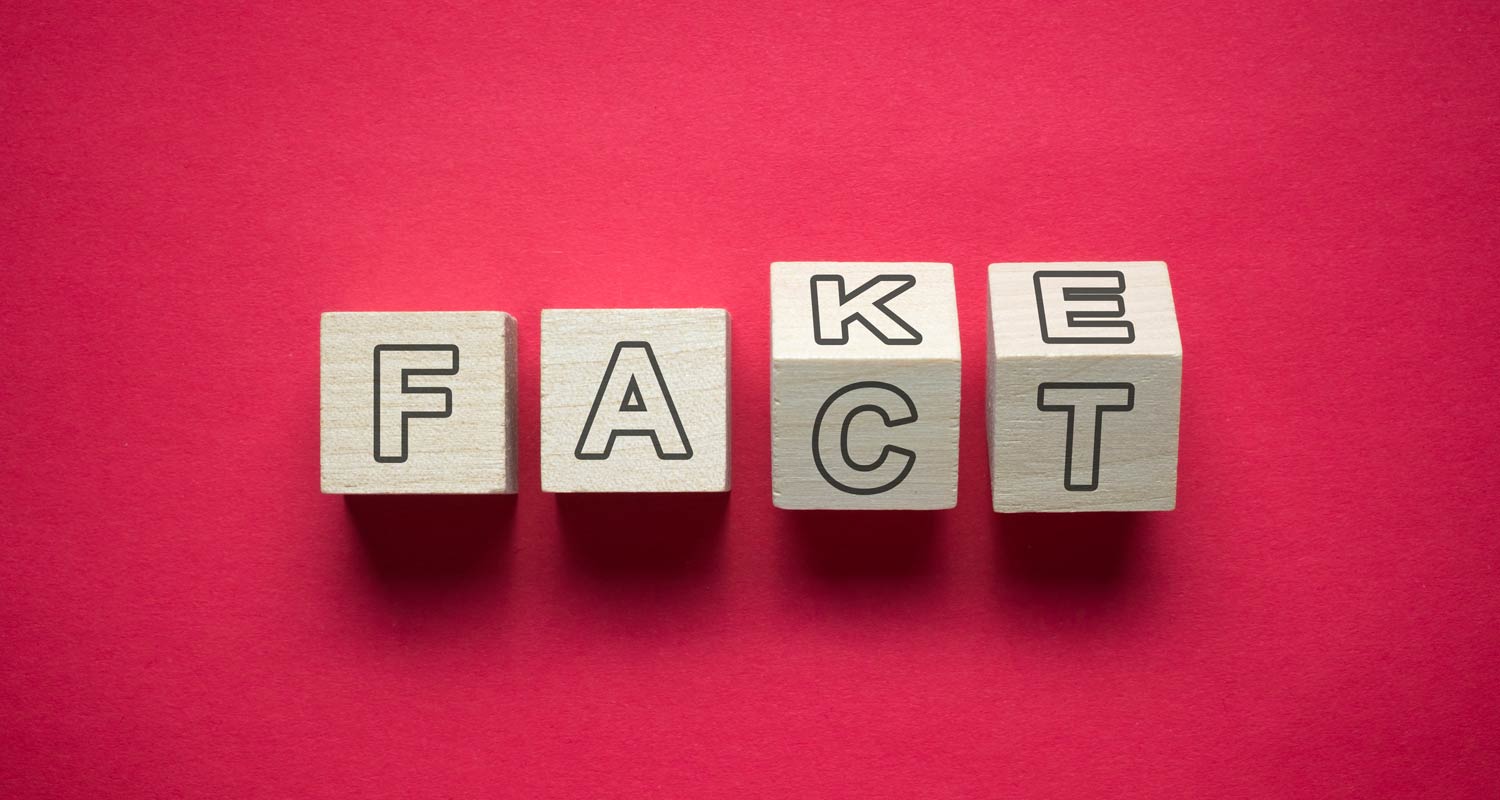Try our mobile app

Disinformation poses a serious threat to the upcoming South African election as it could manipulate public opinion and even influence the 29 May outcome, according to Zubeida Dawood, CSIR research group leader in cybersecurity. At a CSIR media briefing on combating fake news this week, Dawood listed the “five Vs” influencing the degree to which data can be trusted: volume (of sources on social media), variety, velocity (speed at which it is generated), value and veracity. She said these are key to determining whether news is fake, given the rapid spread of disinformation on social media, and said the CSIR is in the final stages of developing a “human-centric framework” to detect fake election news, which is nearly complete. The framework will likely be available for public use “in a month or two”. The DA is pursuing legal action against a Richards Bay businessman for spreading manipulated content “It’s research at this stage, and important for us as researchers to package it in a way that the average South African can consume. Once the work is published, we’ll work on creating it for public consumption,” she said. “South African elections rely heavily on digital infrastructure, so [the CSIR’s] Mzansi Advanced Cybersecurity Learning Factory will empower [Electoral Commission of South Africa] workers and officials by equipping them with training on how they can prevent phishing attacks and malware infections that might manipulate the election data,” she said. Dawood pointed out that generative artificial intelligence can be used for good or nefarious ends. AI can be used to hoodwink potential voters – for example, by cloning the voices of politicians and celebrities. As much as AI can be used to create fake news, Dawood said, it can also be used to debunk it by using automated fact-checking tools. Fabricated She quoted the example late last year of Democratic Alliance MP Glynnis Breytenbach, who fell prey to a deepfake video shared on TikTok. The DA is pursuing legal action against a Richards Bay businessman for spreading manipulated content on social media platforms. He disseminated a fabricated audio clip claiming to feature Breytenbach alleging that federal leader John Steenhuisen had leveraged the Western Cape as collateral for a multimillion-rand loan from the Bezos Foundation in the US. The voice clip also included a direct threat against Steenhuisen. TikTok has since removed the video, but it persists on various social media platforms and has circulated through WhatsApp groups. Read: US warns of flood of fakes as elections loom worldwide Dawood said the public should use websites such as Snopes and Africa Check to verify online news – and to read beyond a headline, check the author, use supporting sources to verify articles, consider the source, and check the date of publication. – © 2024 NewsCentral Media Get breaking news alerts from TechCentral on WhatsApp